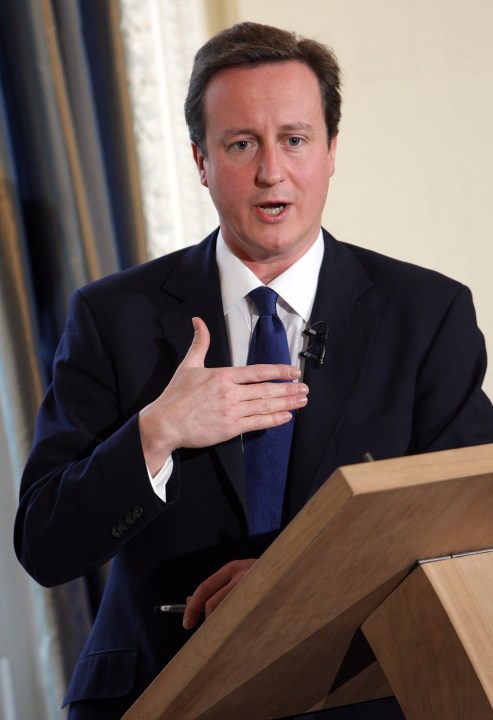 How the Tories can get back on the front foot was the talk of the Christmas parties and bars of Westminster last night. There’s a general feeling that even though the Tories lead in the polls and the political fundamentals favour them, they are not doing as well as they should be and that they need to improve their poll standing if voices in the party are not to start sounding off.
How the Tories can get back on the front foot was the talk of the Christmas parties and bars of Westminster last night. There’s a general feeling that even though the Tories lead in the polls and the political fundamentals favour them, they are not doing as well as they should be and that they need to improve their poll standing if voices in the party are not to start sounding off.
I suspect that a lot of Coffee Housers would like to see the leadership rip up its whole playbook. That’s not going to happen and it would be a mistake if it did: a string of flip-flops would add to the feeling that the Tories are adrift in the crisis. There is, though, plenty of room for fine-tuning. Here are three of the best ideas doing the rounds:
Make Brown’s tax on jobs a dividing line: Gordon Brown is brilliant at creating dividing lines. Just look at how he has established the narrative that Labour are trying to help people through the downturn and the Tories are the do-nothing party. There is, though, an opportunity for the Tories to counter. Labour is now committed to raising National Insurance which is—despite its reassuring name—a tax on jobs. Brown’s experience in 2002 has persuaded him that National Insurance is a tax that can be raised with little political cost. But with the employment numbers going to be grim for the next year or so, the Tories should be able to draw a potent contrast with Brown on the tax on jobs. Whenever they are asked by Labour spokesmen what they would do to offset the economic downturn, they should respond, ‘Well, we wouldn’t raise the tax on jobs’ before ticking off their other proposals.
Bring Hilton back: Over the past few months, the Tory change message has got lost. Brown has successfully backed the Tories into position where they are vulnerable to the same old Tories charge. The party needs Steve Hilton who is—whatever you say—an original and iconoclastic thinker here to ensure that the Cameron Tory brand remains distinctive from both Labour and the old Tory one.
An effective Chairman to take the fight to Labour: In 2004, George Osborne wrote an assessment of the Bush campaign’s methods for The Times He praised it for not having the candidate attack Kerry personally because “in politics the message tells you a lot about the messenger.” This is a real problem for the Tories as they try to work out who should lead the attack against Brown. At the moment, it is Osborne himself who is carrying most of the water on this front. The problem with this is that it makes the shadow Chancellor appear too political: Vince Cable has developed a not entirely deserved reputation for economic prescience precisely because he largely eschews partisan rhetoric. But if Osborne doesn’t lay into Brown, who will? Outside of PMQs, Cameron has, rightly, tried to concentrate on the Tories’ positive message; It would not be a good idea for the Tories to risk Cameron coming across as an angry, negative figure. Instead, the person who should hammer Brown morning, noon and night should be whoever replaces Caroline Spelman as party chairman. It won’t matter anywhere near as much if they are seen as too political or if the rest of their message doesn’t get across.








Comments